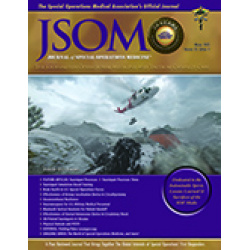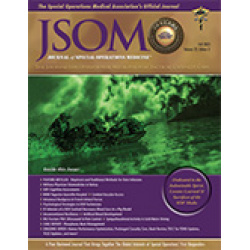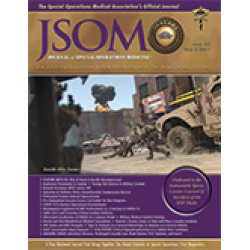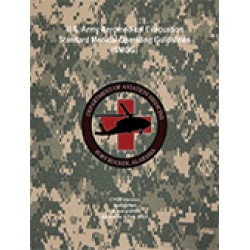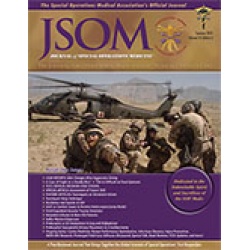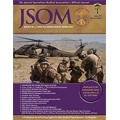Resilience and Suicide in Special Operations Forces: State of the Science via Integrative Review
Rocklein Kemplin K, Paun O, Godbee DC, Brandon JW 19(2). 57 - 66 (Journal Article)
Background: Due to alarming rates of suicide in Special Operations Forces (SOF) and associated effects of traumatic stress in military populations writ large, resilience initiatives thought to influence Servicemembers' mitigation of traumatic stress and thus lower suicide risks have been implemented throughout the services. Since combat operations commenced in multiple theaters of war nearly two decades ago, resilience in conventional military populations became a topic of keen interest throughout departments of defense worldwide as well. Despite researchers' consistent assertions that SOF are highly resilient and at low risk for suicide, granular analysis of pertinent research and escalating suicide in SOF reveals no empirical basis for those beliefs. Methods: We report findings from an integrative review of resilience research in SOF and larger military populations to contextualize and augment understanding of the phenomenon. Results: Throughout the literature, conceptual and operational definitions of resilience varied based on country, context, investigators, and military populations studied. We identified critical gaps in resilience knowledge in the military, specifically: Resilience has not been studied in SOF; resilience is not concretely established to reduce suicide risk or proven to improve mental health outcomes; resilience differs when applied as a psychological construct; resilience research is based on specific assumptions of what composes resilience, depending on methods of measurement; resilience studies in this population lack rigor; research methodologies and conflicting interests invite potential bias. Conclusion: This integrative review highlights emergent issues and repetitive themes throughout military resilience research: resilience program inefficacy, potential investigator bias, perpetuated assumptions, and failure to capture and appropriately analyze germane data. Because of overall inconsistency in military resilience research, studies have limited external validity, and cannot be applied beyond sampled populations. Resilience cannot be responsibly offered as a solution to mitigating posttraumatic stress disorder nor suicide without detailed study of both in SOF.


 English
English 